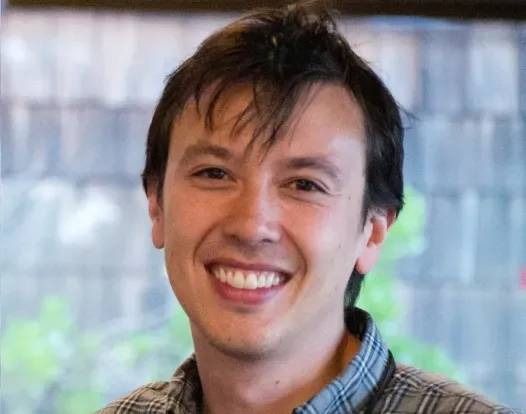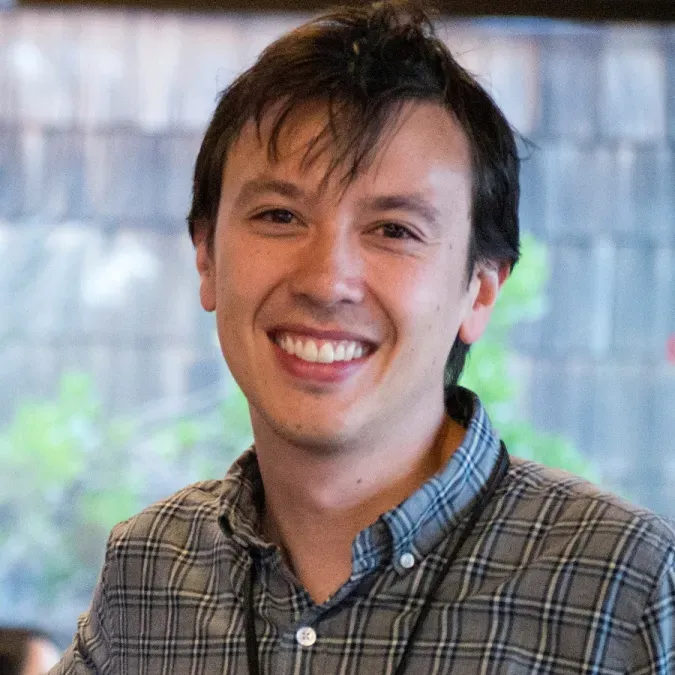These researchers have dedicated their careers to finding new treatments and cures for people with cancer.


Implementing liquid biopsies into clinical practice is helping oncologists make cancer care easier and more tolerable for patients with lymphoma. Most patients with this cancer type require six or more intense rounds of chemotherapy for the best chance of survival, but such regimens can be physically, financially, and emotionally taxing. Liquid biopsies, which involve sampling and analyzing body fluids such as blood, can detect circulating tumor DNA (ctDNA) – the malignant genetic material left over from cancer treatment.
“The translation of liquid biopsies into clinical care for patients with lymphoma – and truly most cancers – has been one of the most impactful recent events in oncology. ctDNA has the potential to unlock new avenues for personalized patient treatments,” said David Kurtz, MD, PhD, an assistant professor of medical oncology at Stanford Medicine. “By focusing on only the specific mutations that define a patient’s cancer, ctDNA analysis could more accurately and specifically detect trace amounts of disease remaining after treatment – thereby identifying patients who truly need more therapy.”
Using support from a Conquer Cancer grant, Dr. Kurtz is developing and applying liquid biopsy approaches to better assess disease response to treatment.
Avoiding Unnecessary Treatment, Exposing Cancer Sooner
Historically, standard surveillance strategies like PET or CT scans have been limited in their ability to accurately detect remaining levels of disease, often yielding false positive data. Liquid biopsies provide greater accuracy, potentially helping Dr. Kurtz spare patients from undergoing inessential rounds of therapy.
“With the explosion of new therapies, including immunotherapy and targeted therapies, it has become more important than ever to match the correct patient with the correct treatment, for the correct duration,” said Dr. Kurtz. “From my own research, the ability to tailor therapy based on a molecular response to treatment in B-cell lymphomas – potentially saving patients from the toxicity of unnecessary chemotherapy – represents a major step forward.”
Liquid biopsies, which involve simple blood draws, are also much easier to manage than standard techniques, which can be invasive and time-consuming. Dr. Kurtz’s work is helping make the overall care experience as tolerable as possible for patients with lymphoma, and may have implications for exposing cancer in its earlier stages.
“The ability to supplement, and in some cases replace, invasive tissue biopsies and surveillance scans has made a significant impact for the better in the patient experience,” said Dr. Kurtz. “This includes not just for response monitoring, but also for replacing invasive biopsies at the time of diagnosis, and even screening for cancer.”
"The Next Frontier of Cancer Care"
Dr. Kurtz’s motivation to explore the utility of liquid biopsies in lymphoma was seeded with his experiences caring for patients. One of his patients was unable to endure more than a single cycle of chemotherapy due to treatment toxicity. Using molecular techniques he developed, Dr. Kurtz checked the patient’s levels of ctDNA to discern whether they needed additional lines of care.
“By studying my patient’s ctDNA with the most sensitive tools available, I was shocked to see that this patient had no remaining ctDNA after only a single treatment,” said Dr. Kurtz. “This patient remains in remission today, more than 5 years after that single treatment, which would have been predicted based on our liquid biopsy assessment.”
Next steps for Dr. Kurtz include continuing to explore computational biology – the use of computers to better model and understand molecular and genomic structures – as an emerging method for elevating lymphoma research. He’s also working to optimize liquid biopsies so oncologists can more effectively tailor courses of care unique to each patient.
“Personalized medicine is the next frontier in cancer care. Understanding the complexities of cancer often requires sophisticated computational approaches, allowing us to better understand an individual patient’s cancer,” said Dr. Kurtz. “Through the support of Conquer Cancer, I was able to devote my time and energy to developing liquid biopsy techniques that are now primed to change lymphoma management for patients.”

